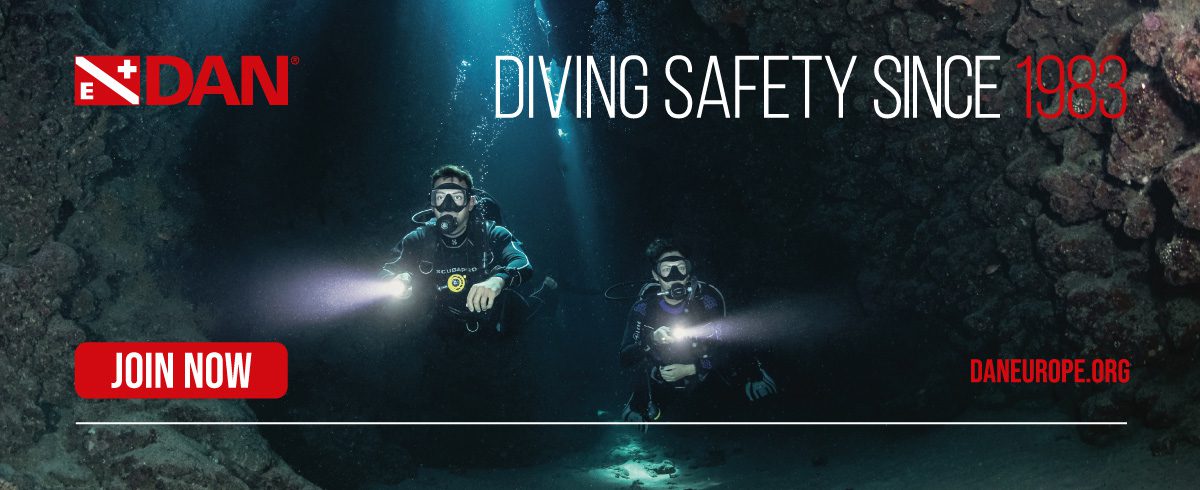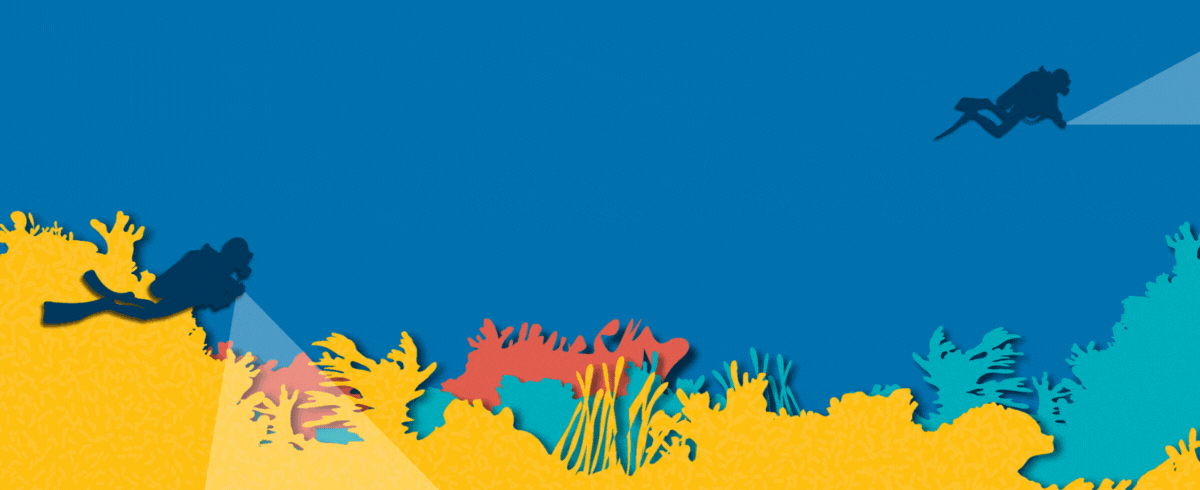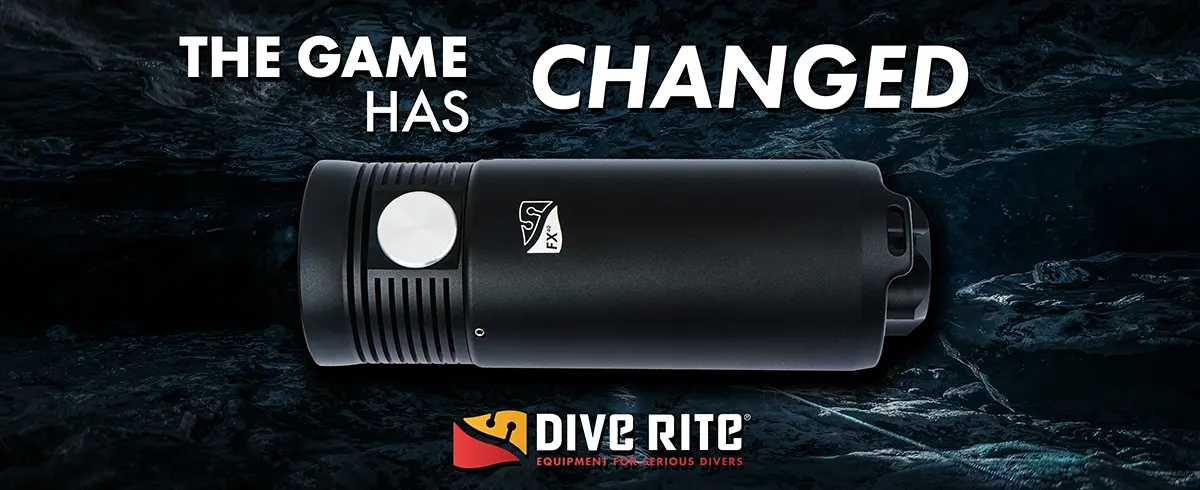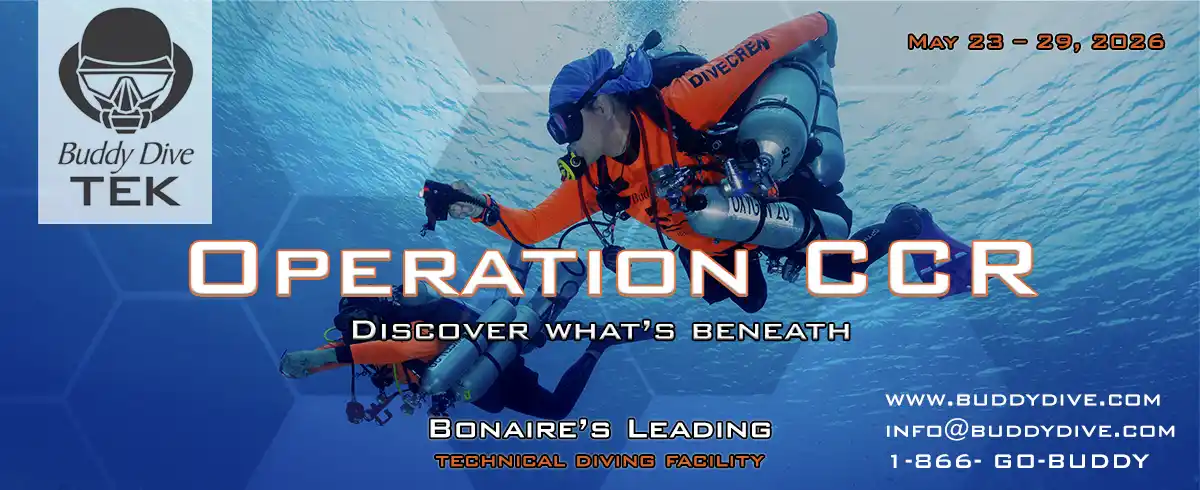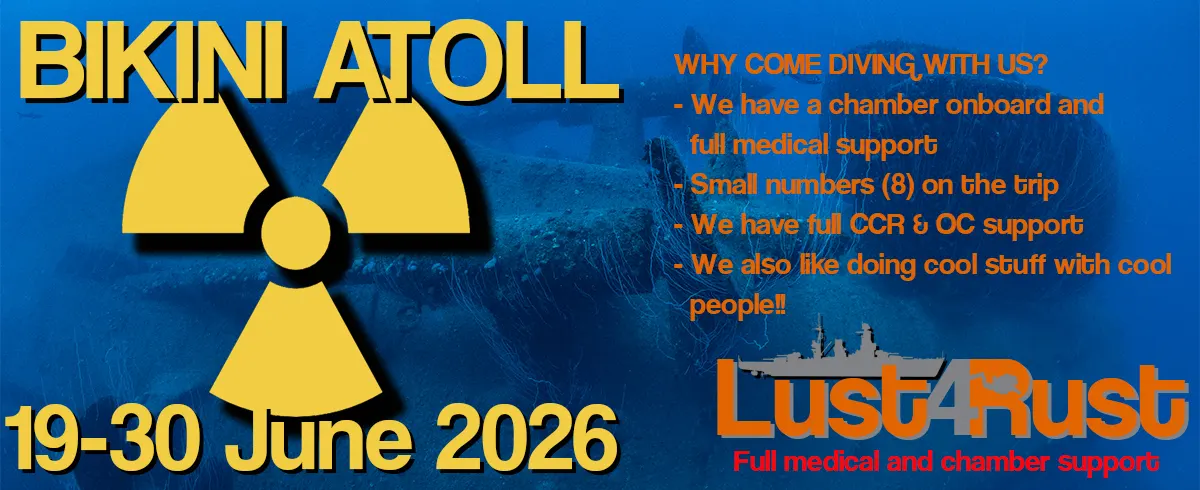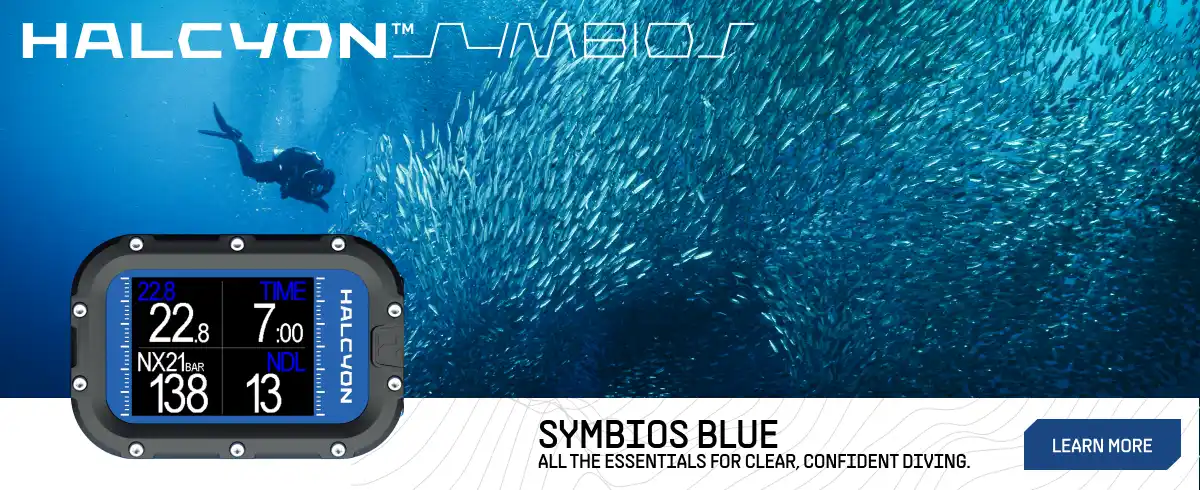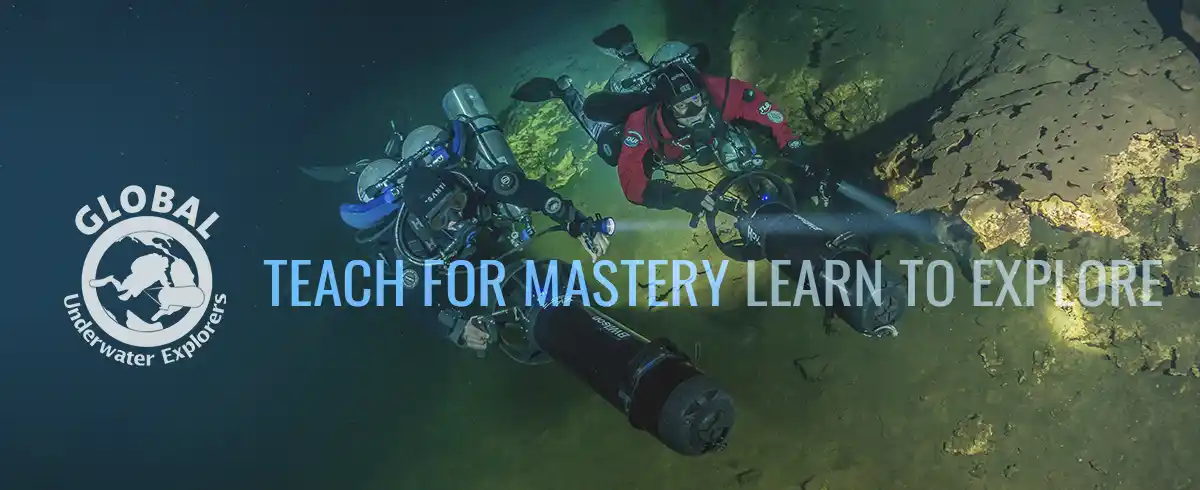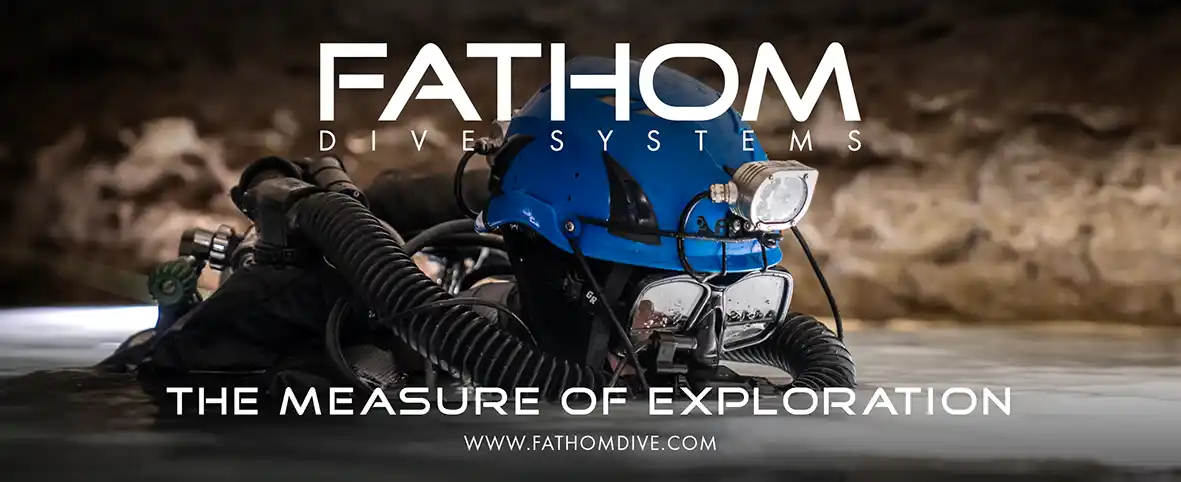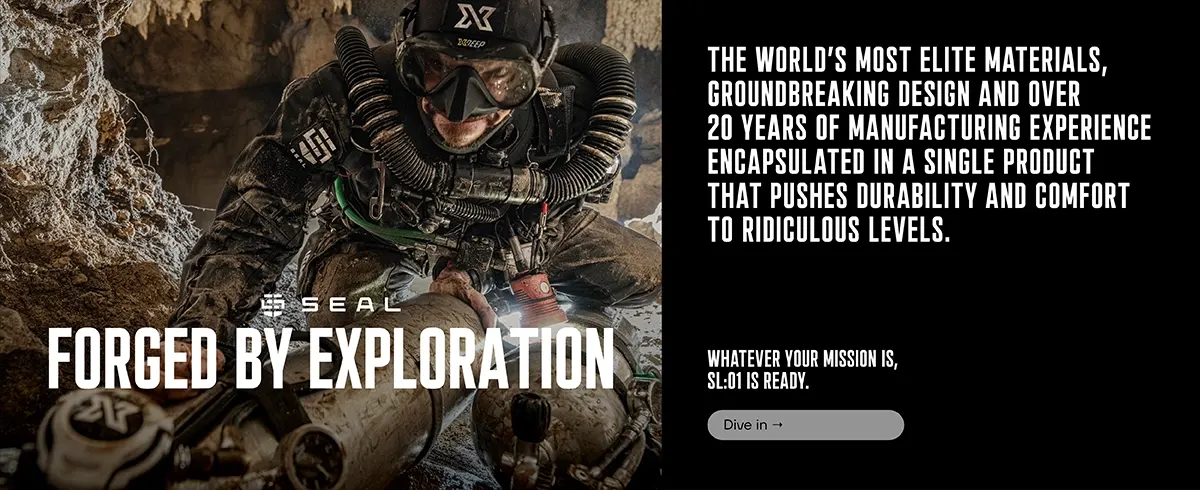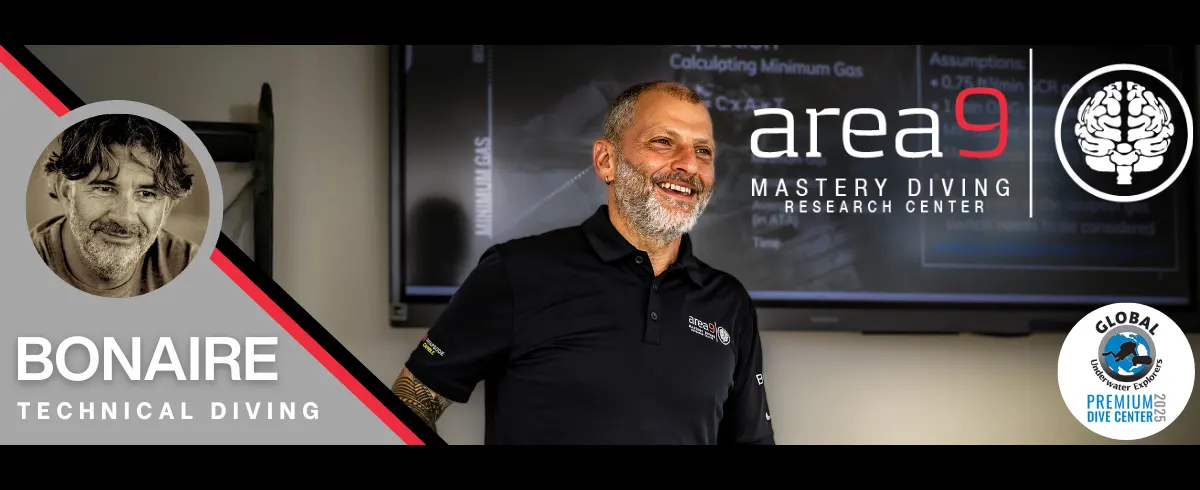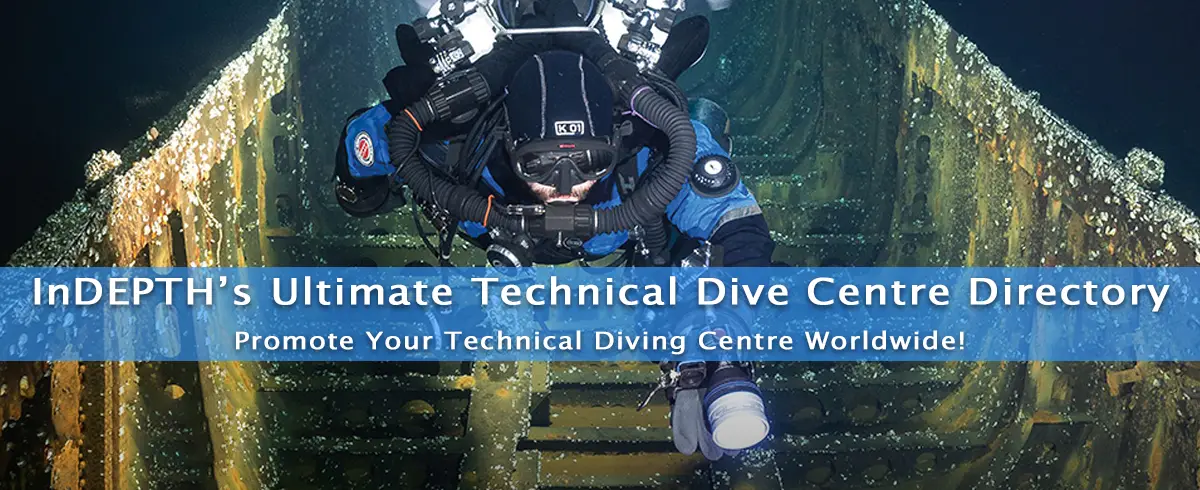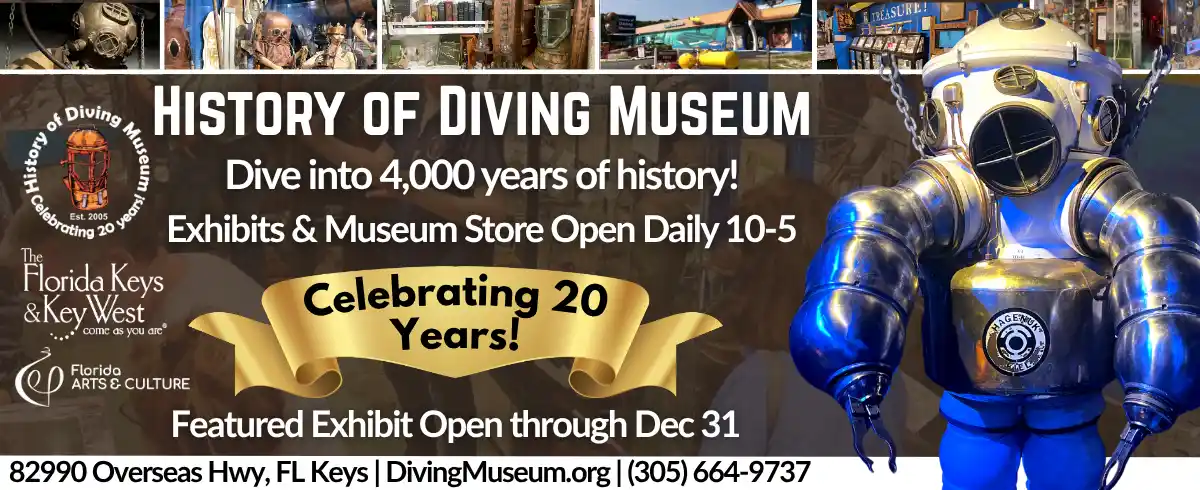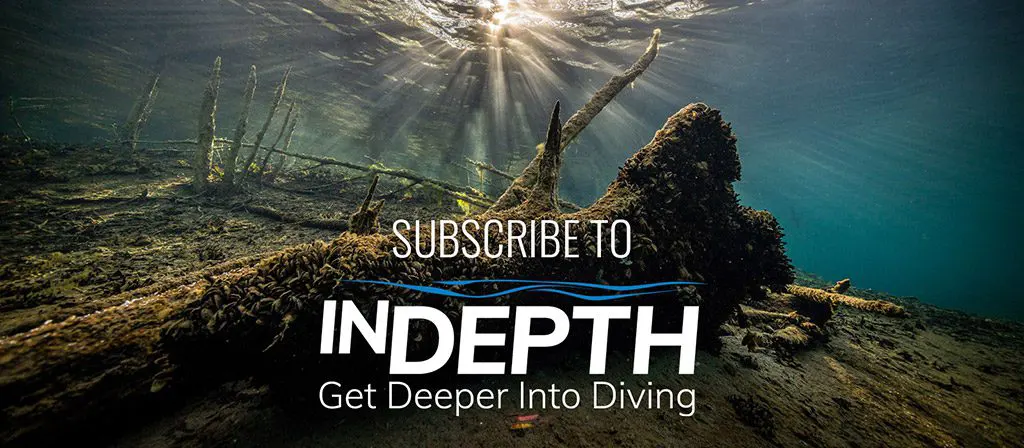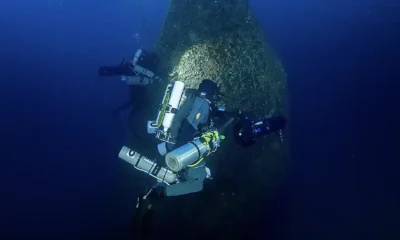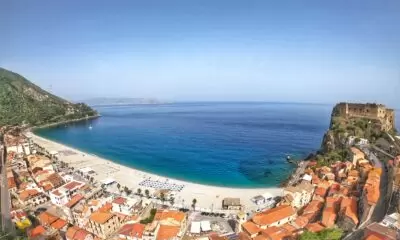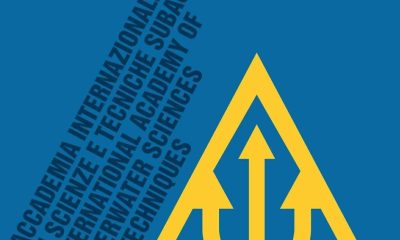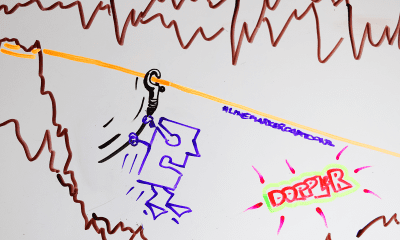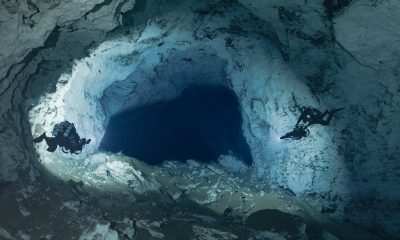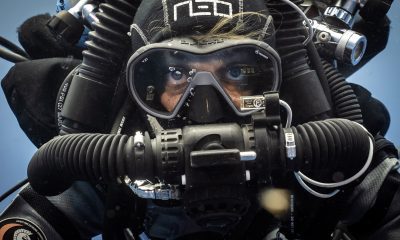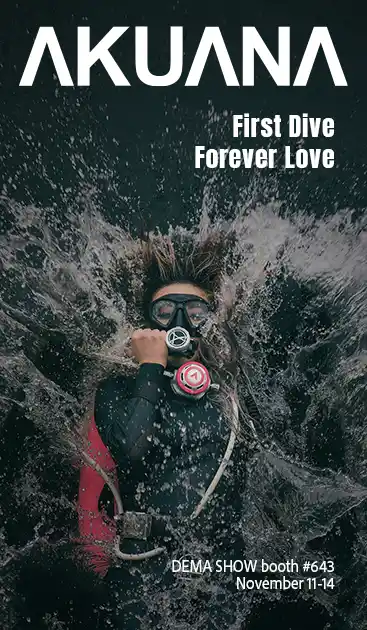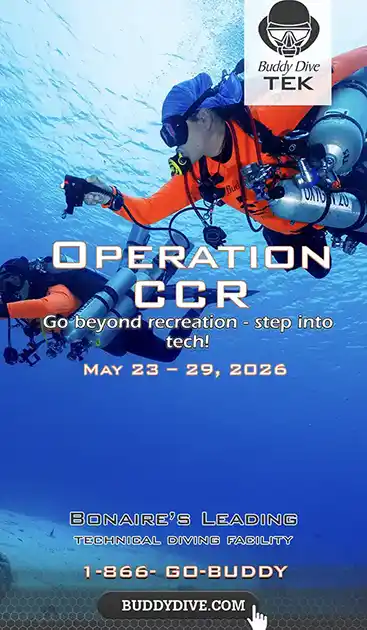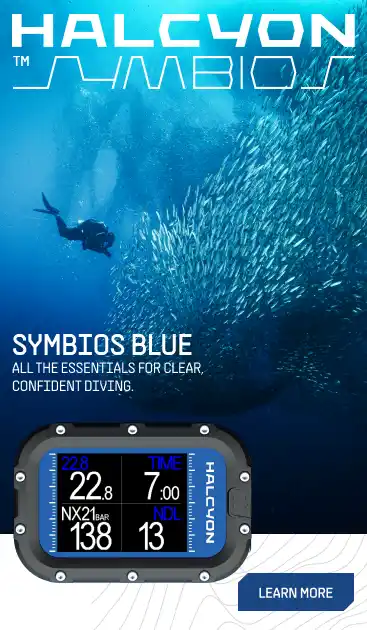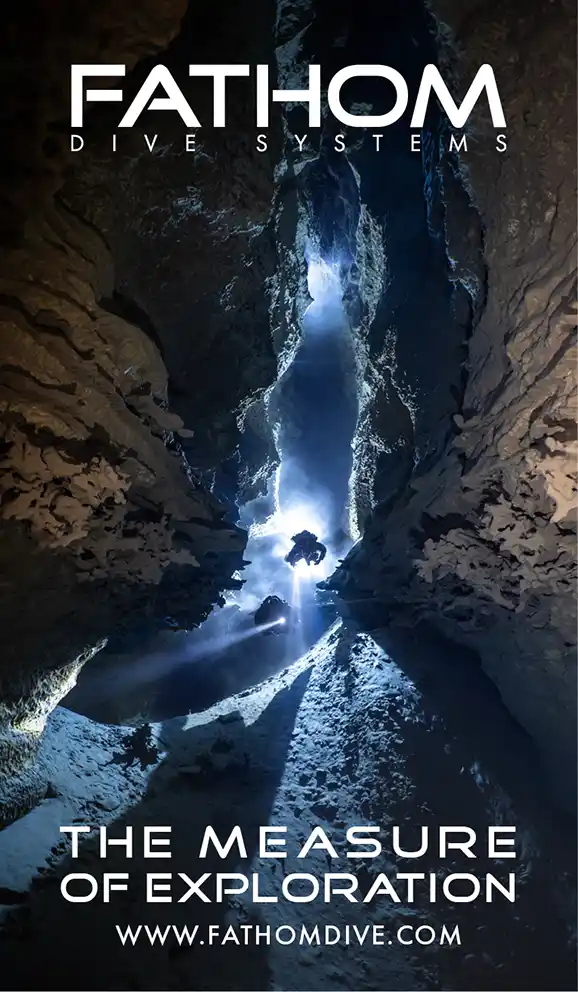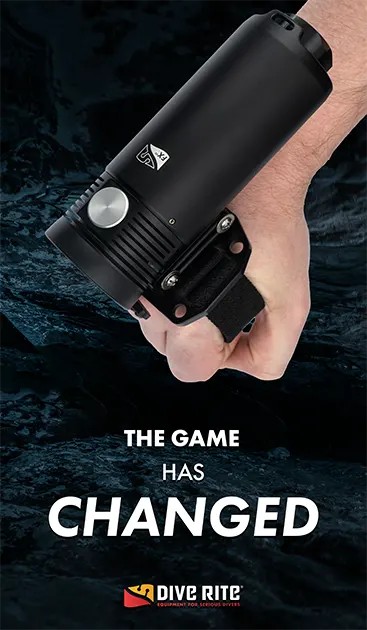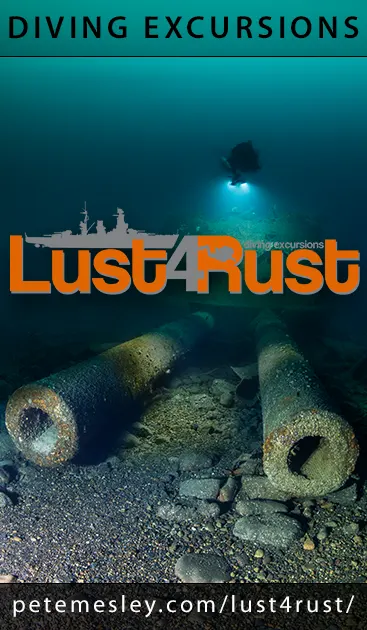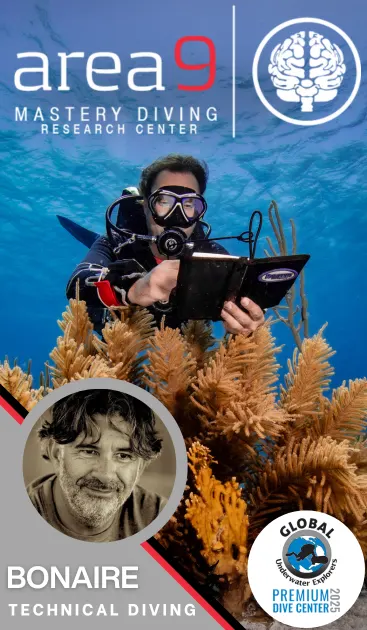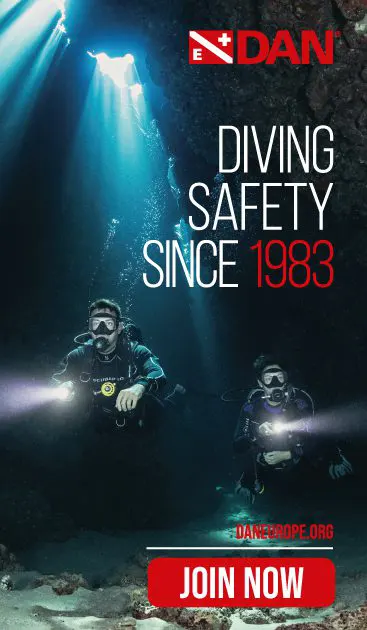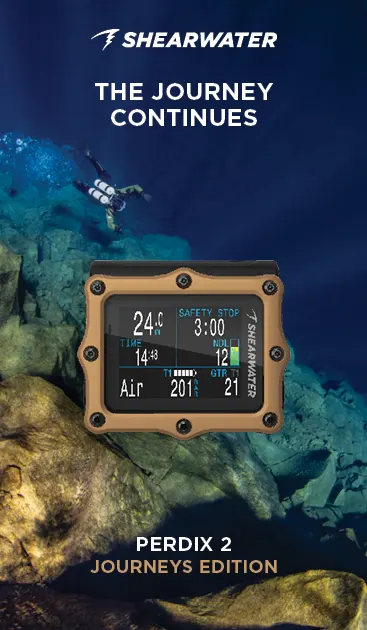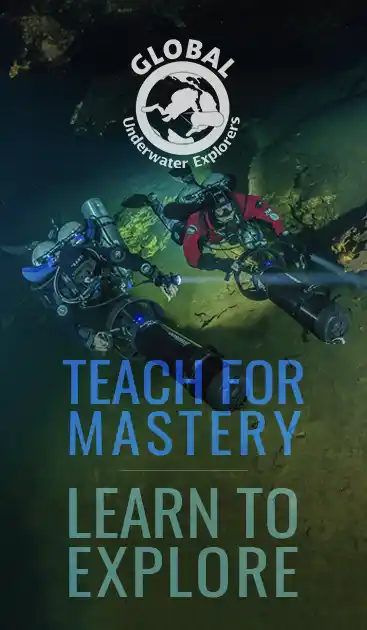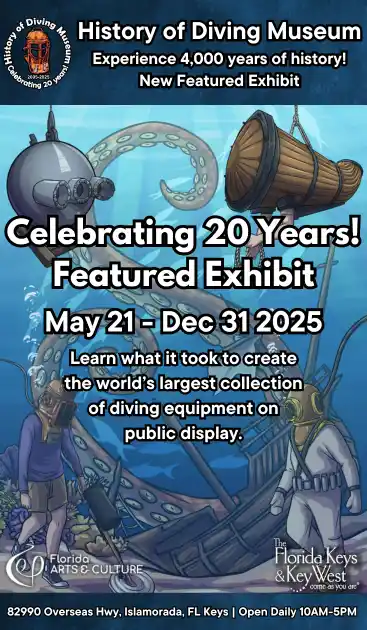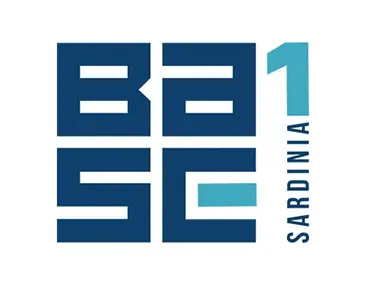Community
Tridente D’Oro: Underwater Tradition and Innovation
This month, the Academy will honor underwater explorers, educators, and technologists with its prestigious Golden Trident award. Named for the coveted weapon of the Fisher King in the legend of King Arthur, the Golden Trident awards those who have made significant contributions to the underwater world. Here, we explore the award’s legacy, first through Andrea Murdock Alpini’s dive into its history, then through an interview with the academy president Paolo Ferraro by InDEPTH chief and past recipient of the award, Michael Menduno.
by Andrea Murdock Alpini. Translation Vicenza “Mozzo” Croce. Images courtesy of Accademia Internazionale Di Scienze E Tecniche Subacquee

See accompanying story (below): A Few Words With Academy President Paolo Ferraro by Michael Menduno.
Ecco la storia in Italiano: TRIDENTE D’ORO: TRADIZIONE E INNOVAZIONE DELLA SUBACQUEA

The Mediterranean Sea is a cradle of Western civilization, and Italy and France are caches of diving history.
In the 1950s, Europe was recovering from World War II; the economy was growing, and the population was beginning to frequent the coasts for recreational purposes—not only the beach, but also for underwater fishing.
Men armed with underwater rifles went deeper and deeper—first in apnea and then with diving cylinders—to harvest fish, corals, sponges, and amphorae, as well as to search for remains of wrecks.
The military technologies used during the war were simplified and transformed into commonly used objects to be placed on the emerging underwater market.
In France, Marseille was a hotbed of revolutionary diving techniques, thanks to the presence of Commander Jacques-Yves Cousteau and his ship Calypso. In Genoa, Italy, innovators developed ideas and equipment, and the divers of tomorrow were forged—first fishermen and then creators of educational schools. Luigi Ferraro, Duilio Marcante, and Egidio Cressi were the pioneers who would revolutionize diving.
In France, in 1959, The World Confederation of Sport Fishing (CIPS) gave birth to the first World Confederation of Underwater Activities (CMAS). The underwater branch was formed in order to extend CIPS’s depth expertise.
The first President of CMAS was the bonnet rougecommandant J.Y. Cousteau. He was flanked by the first Vice President and President of the Sports Committee—Commander Luigi Ferraro, a war hero remembered both for the December, 1941 raid on the port of Alexandria, Egypt that damaged two British battleships and for founding the underwater equipment company Technisub. The company sponsored the first Italian expedition on the wreck Andrea Doria, captained by two future Golden Trident honorees—director Bruno Vailati in 1967 and, in 1968, writer/explorer Stefano Carletti, author of the famous book Andrea Doria-74.

The Tridente d’Oro aka Golden Trident
In 1960, the International Underwater Exhibition was born from the best Italian cultural minds—a place to bring photographers, cameramen, dive companies, divers, record-makers and breakers, champions, writers, doctors, and designers together.
The Festival ended with the presentation of the coveted Tridente d’Oro, aka the Golden Trident Award, a recognition honoring outstanding personalities in national and international diving.
Five categories were established:
I) Scientific activities
II) Underwater sports and exploration
III) Hyperbaric techniques, technologies and activities
IV) Educational and artistic activities
V) Organizations, associations and companies
The Golden Trident Award is linked to the sea as well as to the Sicilian island of Ustica and soon acquired fame as “the “Nobel Prize for diving,” in industry parlance. The award is inextricably linked to the small Sicilian island, as award creator Lucio Messina intended.
All winners of the coveted prize became honorary citizens of the island, and all the award ceremonies took place on the island until the International Underwater Exhibition became a traveling event in 2008. In 2009/10, it was held in Anzio on the coast near Rome; from 2011 to 2013, it returned to Genoa; and, the following year, 2014, the ceremony was held at the Alma Mater Studiorum Universita di Bologna, the year that DAN Europe founder Dr. Marroni was awarded.
In 2015, the Golden Trident returned to Sicily at the prestigious headquarters of the Regio Arsenale in Palermo, and since 2016, the award ceremony has taken place during the EUDI SHOW—an annual international diving fair in Bologna.
Each honoree acquires the title of Academician and becomes part of the prestigious International Academy of Underwater Sciences and Techniques (AIST). AIST is internationally recognized by UNESCO’s Réseau des Academies Méditerranéens and serves on the advisory board of Cognitive Robots for Cooperation with Divers in Marine Environments, a research project funded by the European Commission.
Award Recipients Since Inception

The organization has honored over two hundred winners since the award’s inception in 1960.
Among them are some notable international names such as visionary Walt Disney (1960), pioneer Austrian photographer and documentary filmmaker Hans Hass (1960), French founder of CMAS Jacques Dumas (1968), and American oceanographer Sylvia Earle (2017).
There are many Italian names that should be remembered—“the myths and legends,” in the words of Fabio Ruberti, founder of IANTD Italy, Academician, and current Vice President. Among them are “J. Y. Cousteau (1961), Luigi Ferraro (1962), Enzo Enzo Maiorca (1964), Albert Falco (1964), Jacques Mayol (1971), George Bass (1964), Peter Throckmorton (1964), Honor Frost (1985), Sebastiano Tusa (2004), and Ehud Galili (2005).”

Not to be forgotten are Folco Quilici (1960), Gianni Roghi (1960), and Duilio Marcante (1963). Other honorees include Faustolo Rambelli (2000), founder of the Historical Diving Society, Italy; underwater writer and researcher Andrea Ghisotti (2003; apnea champion Andrea Pellizzari (2011); Giorgio Caramanna (2018), a current member of the Board of Directors; and current Director of the Academy, Edoardo Pavia (2017), underwater explorer.
Other renowned underwater explorers who have received the Golden Trident include American Ronald Benjamin Linsky (1971); American cave expert Jim Bowden and Swiss Oliver Isler, both awarded in the same year (2011); Italian speleologist Luigi Casati (2018); and researcher and deep sea explorer Guide Guy (1985), who (with other crew members) discovered the wreck of the Battleship Rome.
Notable Explorers
Icon of the modern American explorer/diver, founder of Global Underwater Explorers (GUE) Jarrod Jablonski received the Golden Trident in 2015. When asked to explain what exploration meant, he responded,
“For me, the core impulse in human evolution has been our insatiable curiosity and desire to explore the world in which we live, and I have always been an insanely curious personality. Discovering scuba was a life-changing experience, allowing me access to an entirely new world filled with unique adventures. This is especially true when I’m exploring new caves or finding new wrecks, for this is where I feel a unique connection to our history as humans on this ancient planet. Perhaps the most spiritual experiences of my life have taken place thousands of kilometers into a cave while exploring a place where no human heart has ever beat. In those moments, I feel a sense of connection and fulfillment that no words can properly describe.”
In 2021, Michele Geraci—an Italian scuba record-breaker and the manager of Italy’s Olympic sports in the apnea sector—received the Tridente d’Oro and said,
“My contribution—together with that of some peers—was important to convey to the IOC (International Olympic Committee) that we are working safely, despite the great depths reached. This is the beginning of the Olympic Dream for Freediving.“
The award recognized his “development of an intense athletic, educational, and professional activity,” his “worldwide safety work,” and his “status as an industry resource.”
The coveted statuette is a link between pioneers such as Duilio Marcante and contemporary diving innovators.


Medical Innovators
Doctors committing their expertise to decompression theory have also been honored, a recognition of their instrumental role in increasing underwater activity globally.
The first physicians to be awarded the Prize were Swiss Hannes Keller and the French Jacques Piccard (1961), followed the next year by Italian Roberto Galeazzi, inventor of, among other technologies, mobile hyperbaric chambers (1962). Albert Buhlmann, whose name needs no introduction, was recognized as an Academician in 1991.
In 2009, Pasquale Longobardi—the outgoing President of the Academy—was honored. He recently spoke about the prize and its relationship with underwater medicine:
“Underwater medicine is currently undergoing revolution. The old concept of a bubble that obstructs the flow of blood is outdated. As a result, decompression software based on the reduced bubble gradient model (RBGM) needs to be re-evaluated. In fact, each diver responds uniquely to decompressive stress. Accordingly, medical research is currently focused on the measurement of inflammation markers. At the moment, the models that are preferred allow the shortest possible decompression with gradient factors set based on the specific characteristics of individual divers. The Academy is the lighthouse that illuminates the path of young researchers. “
In 2013, the Golden Trident was awarded to hyperbaric doctor Giorgio Odaglia, inventor of the famous Marcante Odaglia maneuver, the Italian version of the Frenzel equalization technique.
In 2014, Dr. Alessandro Marroni received the award, describing his work as follows:
“Well, in just a few words, it’s the core of my professional life and what I’ve dedicated myself to since beginning my career 51 year ago. To be honest, this is not limited only to decompression studies, but to the entire domain of underwater human physiology and pathophysiology, and the mechanisms of human adaptation to the underwater environment. Decompression is just one of the many challenges that humans face when immersing under water, either with breath-hold or underwater breathing techniques. Current studies are demonstrating more and more that even our response to decompression may be conditioned by other contributing individual and environmental factors accompanying simple decompression, and the related on-gassing and off-gassing phenomena driven by the laws of gas physics.“
The Future of the Academy
In 2011, Paolo Ferraro—an underwater industry entrepreneur—received the Golden Trident; eleven years later, he became President of the International Academy of Underwater Sciences and Techniques.

In the same year, Fabio Ruberti, current Vice President of Operations, received the award; he explained his vision for the future of the Academy:
“As its full name indicates, the Academy has had an international presence since its very inception—suffice it to mention the names of some famous first members, such as Cousteau, Hass, Picard, Throckmorton, and many others with the same high profile in diving. Now, the new Board’s task is to identify and select new members internationally who are of the same level and excellence as their predecessors in the various fields of diving. Another equally important task will be to spread the knowledge of the Academy among the international diving public and those who are passionate about underwater research and exploration. Articles like this one in specialized publications that promote knowledge of the underwater world, help meet our goals for widespread information-sharing.“
The future of the underwater world is yet to be written—techniques, technologies, adaptability, innovation, tradition, and (above all), the methods for sharing the passion that animated the pioneers. The new Academicians will have to set an example for future generations, growing, spreading, and strengthening the underwater community.
A Few Words with Academy President Paolo Ferraro
by Michael Menduno

Paolo Ferraro received a Golden Trident award a few years after he retired as the president of Technisub, where he had served for 25 years. His father Luigi, who was a pioneer of Italian submarine warfare, most notable for his service with the commando frogman unit Decima Flottiglia MAS. After the war, Ferraro went to work as technical director for Cressi Sub, where he invented the Pinocchio mask, the first mask with a rubber nose piece to aid in equalization, in 1952, and the Rondinella fin—the first fins with a foot pocket. He then left Cressi after 16 years to form Technisub and served as its president until 1982, when Paolo took over. Earlier this year, InDEPTH chief Michael Menduno, a past recipient of the award, met up with Ferraro to talk about the Academy and legacy of the Golden Trident.

Michael Menduno: Paolo, I was hugely honored to receive a Golden Trident award last year! Thank you so much!
Paolo Ferraro: Thank you. After evaluating your CV, the Board of the Academy considered you deserving to receive this recognition in the Educational, Outreach, Artistic and Recreational category.

Grazie! I understand that the Academy will be honoring several new Golden Trident inductees this month at the first underwater exhibition held in Trieste, Italy. British caver Sir Rick Stanton will be receiving an award. Rick was, of course, instrumental in the Thai cave rescue and featured in Ron Howard’s recent movie, Thirteen Lives,” The other is JP Imbert, a French decompression engineer that has worked both with the commercial industry as well as with tech divers. In fact, he owned the IANTD France franchise back in the day. Both of them have contributed so much.
Please talk to me about your selection process—how do you identify your Golden Trident candidates.
We invite the existing Academicians, the Golden Tridents awardees, to identify people that they think deserve the Golden Trident. However, sometimes a worthy individual just becomes evident. For example, we have a long-held dream to confer a Trident on James Cameron. He has done much to make the diving world known to the public.
He’s on your list?
Yes, him and others. Once we have a range of candidates, the Board of Directors meet and consider the candidates’ lives and accomplishments. The challenge is not to concentrate on a single field of endeavor. As you know, the Academy focuses on scientific, technical, artistic, cultural, educational and sporting areas. So, when the Board of Directors meets to select the people, we try to have a balanced mix of the different sciences. We also acknowledge and make awards to deserving organizations.
Thank you for explaining that Paolo. I understand that you received your Golden Trident 2011 and have been involved in the Academy ever since, and last year you were elected President of the Academy.
Paolo Ferraro: Correct. In 2011, the Academy was in a very difficult position. There were few people involved, though there was money and an organization, and I was just leaving my business. I had been president of a diving company for 26 years, so I had some experience in managing a business. And I told them, “I will try to help you.” They told me, “Go ahead, we trust you.” And so, I tried to organize the academy. The first task was to find money. That’s the main problem of this organization because it survives on the annual membership fees.
That’s the Academy’s primary source of income?
At the present time, yes, that’s the main income. However, we also receive funding from individuals, companies, and sometimes from governmental organizations. It depends. It’s difficult, because public organizations don’t have many resources at the current time. Things are also tight in the private sector right now, though we have received some money from diving contractors, but there’s a lot of competition for funds. I have tried to help the Academy grow over the last 10 years and to organize it in a professional way and will continue to do so.
I understand that the Academy usually holds its award ceremonies in conjunction with the annual European Dive Show (EUDI) dive show in Bologna Italy.
Yes. Unfortunately, as you know, we had to postpone the awards at EUDI last year due to Covid and held the awards online instead. Interestingly, instead of having 500 people at the hall in Bologna we had 5000 attend our ZOOM awards. So, it was a very good result.
It was amazing! Will you be holding virtual and or hybrid award ceremonies like that in the future?
Yes, we hope to. The Internet enables us to reach a much wider international audience and that’s what we are striving to do. This Fall, of course, we decided to present awards at the Trieste exhibition, because we were unsure what would happen at EUDI in early 2022. Trieste is a good venue for us. The soul of the Academy is science and techniques and Trieste is the European city with the highest number of researchers per capita and with one of the largest concentrations of scientific institutions in Italy. The authorities there are interested and sensitive to our mission. However, we do plan to return to EUDI next year and present awards. It’s one of the major diving exhibitions in Europe.

I see that your Tridents will be giving a number of talks on underwater archeology, oceanography and climate change at the upcoming Trieste show, similar to what the Academy usually does at the EUDI show.
Yes. At the last EUDI show (2022) we organized five seminars by five Golden Tridents. They are all now on the Academy website. The site is bilingual in Italian and English. We will be doing something similar with the Trieste talks.
That’s great! And having the site in English and Italian should make it easier for more people to access
It’s absolutely necessary for us because we have many Golden Tridents in both France and the UK. We are thinking of organizing a kind of subsidiary Academy in France and the UK, because in France we have some 30 Golden Tridents and as many as eight or 10 in the UK. We may even do something in the US in the future to boost awareness there.
What other activities outside of granting awards and organizing talks has the Academy been involved in?
Ha. We got in a fight and we lost. Do you remember when there was the partial sinking of the Costa Concordia about a decade ago near the island of Giglio in Italy. There was a huge operation to recover the wreck. In order to lift it to the surface, the authorities built six giant platforms the size of a football fields. The plan was to put the wreck on a platform and tow it to a demolition site in Genoa. We said, “Please leave the platforms on the seabed; don’t destroy them. They would make an excellent diving site.”

I contacted the Mayor of the island of Giglio and he was enthusiastic. However, the Ministry said that everything had to be removed from the seabed. We tried and we failed. Now we are looking for ships that can be scuttled and made available for diving. Italy has 6000 km of coastline. Some parts are excellent for diving; there are wrecks, coral, and beautiful diving. But other parts have little to offer; it’s just sand, mud—not interesting.
So The Academy wants to create artificial shipwreck reefs.
Yes, exactly. The Italian Navy, for instance, currently has 28 ships that are out of service. We say, okay, why not sink them? It would create new diving sites and business and have a positive biological effect, by bringing life back to the ship. However, here in Europe it’s a political issue. The concern is potential toxic materials leaking into the environment. But we can clean the wrecks, remove any chemicals, and then sink them and create a benefit for the local economy. So the academy is engaged in this operation. The European bureaucracy has some fixed ideas and is slow to change, but we haven’t lost hope that we will succeed.
It’s a worthy cause that could benefit local economies, the diving community and the environment. It seems like a win-win all the way around.
Absolutely. You know, close to Genoa we have the main Mediterranean wreck, the Haven. It’s the largest wreck in the Mediterranean, an oil tanker. There are at least 10 diving centers that take divers to this wreck. They work all year around and they receive people from Germany, Scandinavia, UK, all over Europe. Because really, it’s not easy to make dives on a giant wreck like that one, though it’s excellent and beautiful. We want to create other opportunities in the Adriatic Sea, for instance.
We ran a story earlier this year on the MT Haven by one of our Belgium writers, Kurt Storms. Very interesting.
You were just elected president of the Academy. You have a new board of directors including IANTD Italy franchise owner Fabio Ruberti, and Italian explorer Edoardo Pavia. I understand that you and your new team want to take the Academy in a new direction.
Yes, in spite of the fact that we have made 250 Golden Tridents in our history, the existing Tridents number no more than 100 because many Tridents of the past have passed away. So, the Academy is gradually becoming smaller and smaller, because the new awardees are not enough to replace those leaving. Our idea is to open the Academy to a wider range of important people in the diving community. Up until now, to belong to the Academy, you had to have received a Golden Trident. Instead, we want to open the Academy to the best doctors, the best biologists, the best archaeologists, the best educators etc. We have talked about creating a committee of experts to identify the best people, and then invite them to join the Academy. Our target is to have an Academy, not of 50-100 people, but rather 200 or maybe 300 people. Not everyone, but the best. Then once a year, we will select people from the academicians to receive the Golden Trident.
It sounds a little like the Explorer Club model. Good luck to you in that. One last question before we go. What would you like our readers to know about the Academy and the Golden Trident?
We are proud to carry on a tradition more than sixty years old. It is a great responsibility and we try to do our best.
Thank you Paolo!
Past recipients:
UNDERWATER VISIONARIES:
1960 WALT DISNEY – USA
1960 HANS HASS – AUSTRiA – VIDEO/PHOTO SCUBA PIONEER
1968 JACQUES DUMAS – FRANCE – FOUNDER OF CMAS
2017 SYLVIA EARLE – USA
ITALY’S TOP NAMES
1960 FOLCO QUILICI
1960 GIANNI ROGHI
1962 LUIGI FERRARO
1963 DUILIO MARCANTE
1964 ENZO MAIORCA
1967 BRUNO VAILATI (FILMAKER ANDREA DORIA -74)
1968 STEFANO CARLETTI (book’s author ANDREA DORIA -74)
2000 FAUSTOLO RAMBELLI (founder of Historical Diving Society Italy)
2003 ANDREA GHISOTTI (scuba reporter)
2011 PAOLO FERRARO Academy President, the son of Luigi Ferraro
2011 ANDREA PELLIZZARI – FREE DIVING RECORD
2017 EDOARDO PAVIA – MEMBER OF BOARD ACADEMY
2018 CARAMANNA GIORGIO – MEMBER OF BOARD ACADEMY
2021 FABIO RUBERTI – MEMBER OF BOARD ACADEMY
UNDERWATER EXPLORERS
1961 J. Y. COUSTEAU – France
1971 RONALD BENJAMIN LINSKY – USA
1971 JACQUES MAYOL – FRANCE
1985 GUIDO GUY – ITALY
2004 SEBASTIANO TUSA – ITALY
2011 OLIVIER ISLER – SWITZERLAND
2011 JIM BOWDEN – USA
2015 JARROD JABLONSKI – USA
2018 LUIGI CASATI – ITALY
MEDICINE and DECOMPRESSION
1961 HANNES KELLER – SWITZERLAND
1961 JACQUES PICCARD – SWITZERLAND
1962 ROBERTO GALEAZZI – ITALY
1991 ALBERT BUHLMANN – SWITZERLAND
2009 PASQUALE LONGOBARDI – ITALY
2013 GIORGIO ODAGLIA – ITALY
2014 ALESSANDRO MARRONI – ITALY
This month we’re launching a survey panel on dive computing. Please help us by sharing your thoughts & practice at: Dive Computers-Exploratory Survey.
Dive Deeper
Website: INTERNATIONAL ACADEMY OF UNDERWATER SCIENCES AND TECHNIQUES
Facebook: (video) Award Ceremony

Andrea Murdock Alpini is a TDI and PSAI technical trimix and advanced wreck-overhead instructor based in Italy. He is fascinated by deep wrecks, historical research, decompression studies, caves, filming, and writing. He holds a Master’s degree in Architecture and an MBA in Economics for The Arts. Andrea is also the founder of PHY Diving Equipment. His life revolves around teaching open circuit scuba diving, conducting expeditions, developing gear, and writing essays about his philosophy of wreck and cave diving. He published his first book, Deep Blue: storie di relitti e luoghi insoliti (2018) and IMMERSIONI SELVAGGE, the new one is on the way, out on fall 2022.

Michael Menduno/M2 is InDepth’s editor-in-chief and an award-winning journalist and technologist who has written about diving and diving technology for more than 30 years. He coined the term “technical diving.” His magazine “aquaCORPS: The Journal for Technical Diving” (1990-1996) helped usher tech diving into mainstream sports diving, and he produced the first tek.Conferences and Rebreather Forums 1.0 & 2.0. In addition to InDepth, Menduno serves as an editor/reporter for DAN Europe’s Alert Diver magazine, a contributing editor for X-Ray mag, and writes for DeeperBlue.com. He is on the board of the Historical Diving Society (USA), and a member of the Rebreather Training Council.

